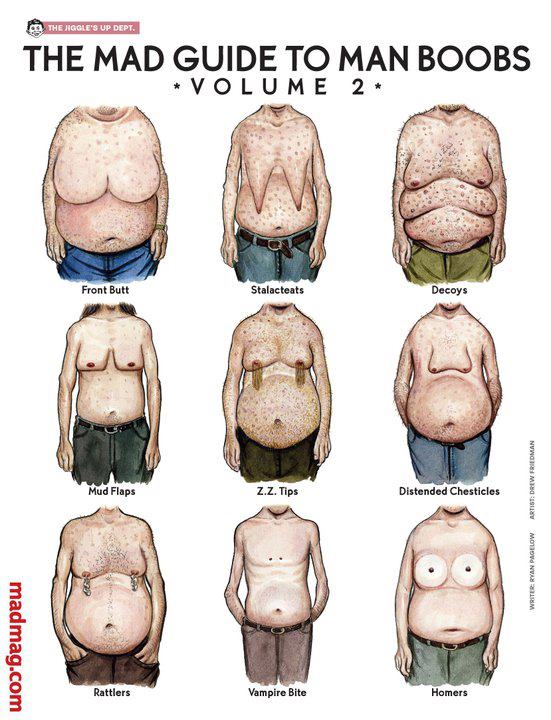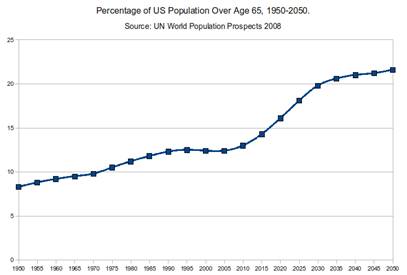 60 Is The New 16!
60 Is The New 16!What shapes a man’s life? To begin: Mom, dad, little Jenny Harrison in the 3rd grade, adolescence...
 Low T? Welcome To Their World, Brother!
Low T? Welcome To Their World, Brother!Middle-aged women the world over are now...chuckling.At least I imagine they are, given the news...















